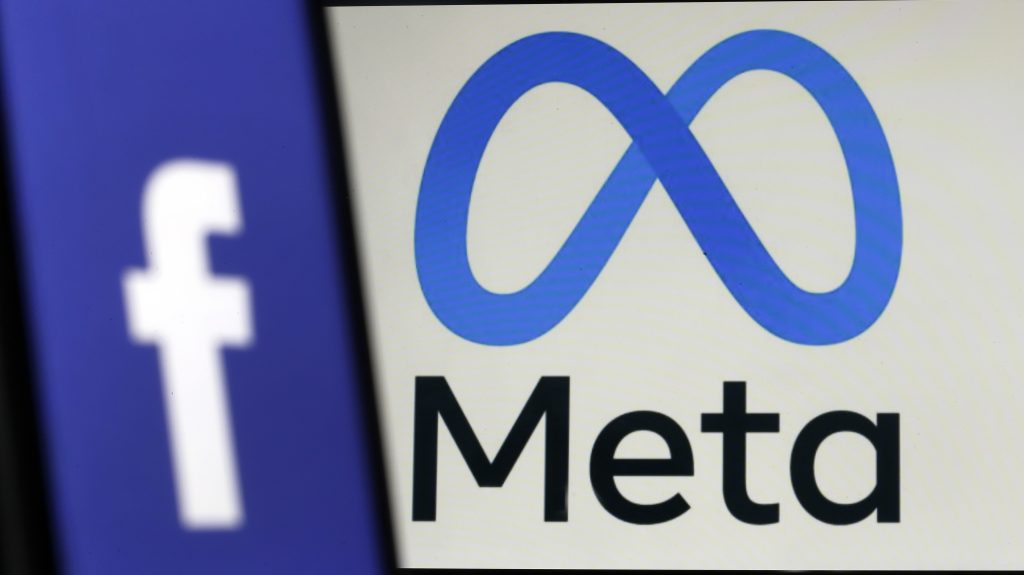Facebook, Instagram and WhatsApp’s parent company Meta has confirmed a huge round of layoffs, amounting to 13% of its workforce.
“I want to take accountability for these decisions and for how we got here,” CEO and co-founder Mark Zuckerberg wrote in a statement. “I know this is tough for everyone, and I’m especially sorry to those impacted.”
The news comes as companies from across the technological spectrum have announced huge swathes of redundancies in recent months, with Twitter laying off some half of its 7,500 workforce in the wake of Elon Musk’s arrival at the helm, while Stripe last week revealed plans to cut its headcount by 14%. And just yesterday, Salesforce confirmed it had laid off “hundreds” of workers.
Meta’s round of layoffs was widely rumored and expected, but we now know the full extent of the company’s plans, and what this will mean for those impacted.
Meta’s current headcount equates to around 87,000 around the world, meaning that 11,000 people will be leaving Meta. According to Zuckerberg, each U.S.-based employee will receive 16 weeks of severance pay, plus two extra weeks for each year of service. So for example, someone who has worked at Meta for four years will effectively get six months’ pay.
On top of that, Meta said that workers will also be paid for all remaining unused time off and receive stock-based compensation that was vesting through November 15. Additionally, health insurance for employees and their families will be offered for six months.
Outside the U.S., Zuckerberg said that support packages “will be similar,” but tailored for each market.
Meta-morphic
Meta’s path to where it finds itself today is a familiar one shared by countless companies over the past year, though the tech titan’s effects are amplified somewhat by virtue of its size.
After becoming one of the few companies ever to hit a trillion-dollar market cap — right in the middle of the pandemic — the company sought a new direction in the form of the metaverse, rebranding from Facebook to Meta in the process. While it would be unfair to apportion blame for Meta’s current predicament to this pivot, the company has been throwing a lot of money at a project that is nowhere near ready for prime time, with critics arguing that it was losing focus of its core business in pursuit of something that is a long way off from happening, if it happens at all.
Meta’s market cap has plummeted over the past year to around $250 billion today, a figure the company last experienced in 2015 when it was on a major ascendency. The company posted its first-ever quarterly decline back in June, before confirming it was freezing its hiring plans as part of broader cost-cutting measures, with its revenue dip continuing into the following quarter too.
What’s notable, perhaps, is that Zuckerberg barely acknowledges the metaverse at all in his open letter, aside from affirming that it’s a “long-term vision” that remains one of its “high priority growth areas.”
Certainly, there is little sign here that ye olde Meta ship — under Zuckerberg’s stewardship — will be changing course any time soon. He did say redundancies will impact employees at “Family of Apps” (i.e. Facebook, Instagram and WhatsApp) as well as Reality Labs, the VR and AR unit pushing its metaverse mission, but it’s not clear which divisions will be hit most: “some teams will be affected more than others,” Zuckerberg stated.
In a separate SEC filing accompanying today’s announcement, Meta said that it expected Reality Labs’ operating losses in 2023 to “grow significantly year-over-year” — a sign, perhaps, that Meta is continuing full-throttle on the metaverse amid a capex plan for 2023 that is still in the range of $34-$37 billion.
The Great Reset
In truth, a combination of factors have contributed to Meta’s decline. Apple’s App Tracking Transparency (ATT) framework, which rolled out last year, has hit Meta’s advertising revenue as the company predicted it would, with Apple’s own ads business benefiting as a result. And the rise of relative newcomers such as TikTok has also influenced where advertisers choose to spend their money.
But the elephant in the room here is the impact of the so-called Great Reset, a phenomenon we’ve seen in countless other places where companies that went in too deep off the back of a pandemic-driven surge in revenues were brought back down to Earth with a jolt when the boom subsided. And this is precisely where Mark Zuckerberg says Meta went wrong too, compounded by the broader economic downturn.
“At the start of Covid, the world rapidly moved online and the surge of ecommerce led to outsized revenue growth,” Zuckerberg wrote. “Many people predicted this would be a permanent acceleration that would continue even after the pandemic ended. I did too, so I made the decision to significantly increase our investments. Unfortunately, this did not play out the way I expected. Not only has online commerce returned to prior trends, but the macroeconomic downturn, increased competition, and ads signal loss have caused our revenue to be much lower than I’d expected. I got this wrong, and I take responsibility for that.”
Other changes
Layoffs aside, Meta also said that it’s reviewing its infrastructure spending to optimize its capacity efficiency, while it’s looking to “shrink its real estate footprint,” which will involve more desk-sharing for those who only visit an office occasionally. Moreover, its current hiring freeze will extend into early 2023, with only a “small number of exceptions.”
“I’m going to watch our business performance, operational efficiency, and other macroeconomic factors to determine whether and how much we should resume hiring at that point,” Zuckerberg wrote. “This will give us the ability to control our cost structure in the event of a continued economic downturn. It will also put us on a path to achieve a more efficient cost structure than we outlined to investors recently.”






























Comment